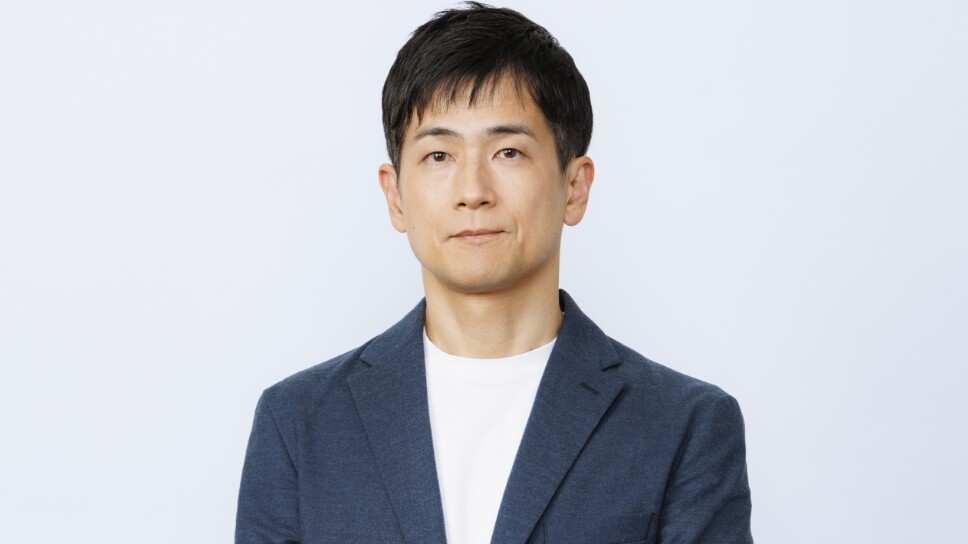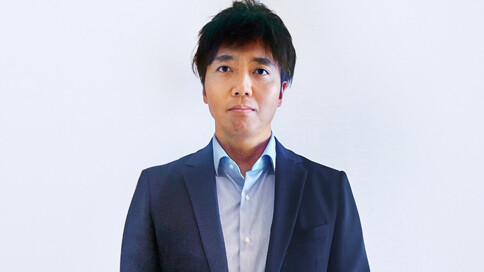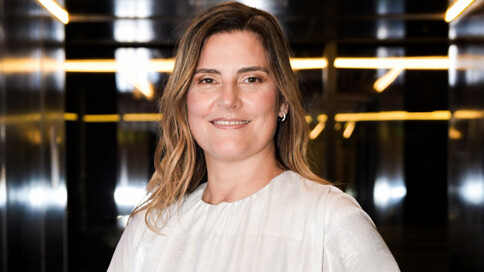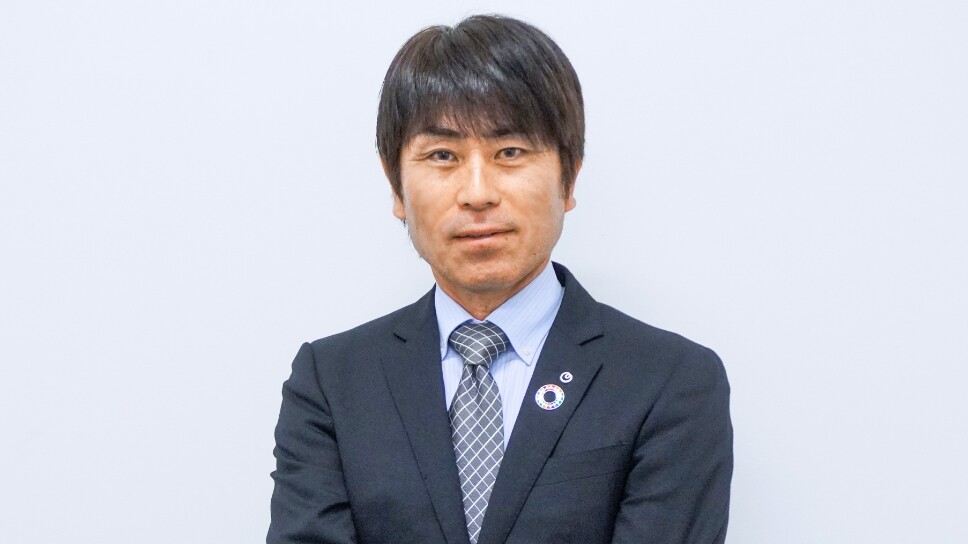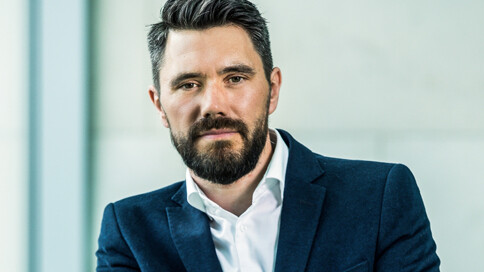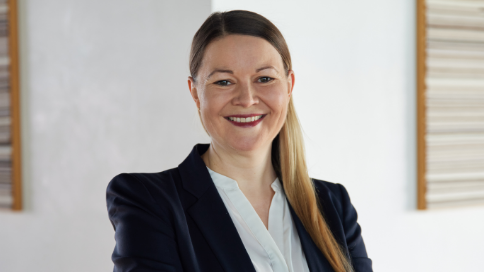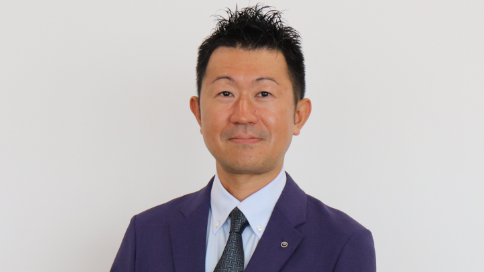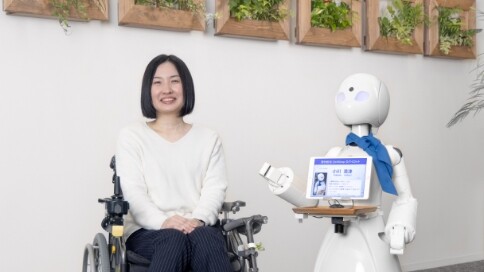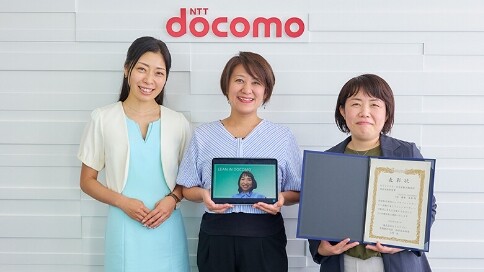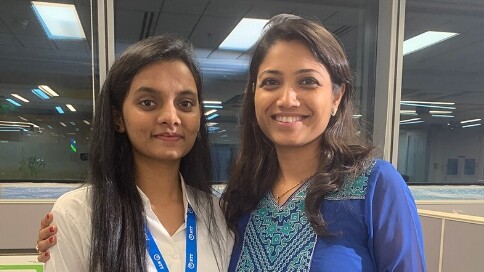Microsoft ends support for Internet Explorer on June 16, 2022.
We recommend using one of the browsers listed below.
- Microsoft Edge(Latest version)
- Mozilla Firefox(Latest version)
- Google Chrome(Latest version)
- Apple Safari(Latest version)
Please contact your browser provider for download and installation instructions.
NTT's Sustainability Efforts
NTT DOCOMO's entry as an electric utility aiming to "reduce CO2 emissions"
NTT DOCOMO, Inc. Lifestyle Innovation Department(At the time of interview)
Fumiko Miura

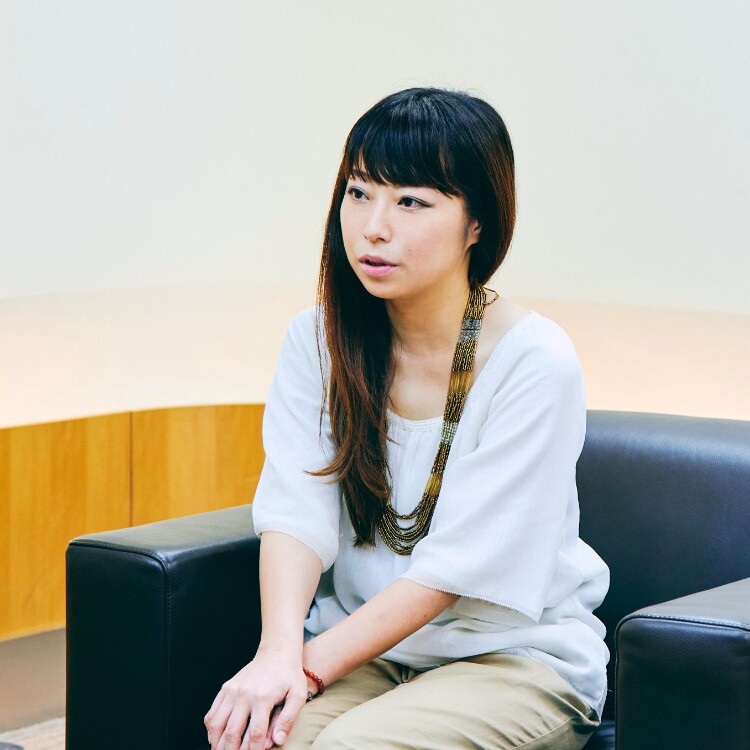
Achieving carbon neutrality quicker with "docomo Denki Green"
Liberalization of the power retail industry from April 2016 allowed users to choose electric power providers that better suited their own lifestyles or sense of values. In light of this, NTT DOCOMO launched the "docomo Denki" electric power business in March 2022.

"Your lights are the same brightness, regardless of which supplier you use for your electricity. It is not like electricity has a certain taste or smell. There are a large number of electric power companies available to consumers--I thought that if NTT DOCOMO was to enter the electricity business, it would need to provide a new type of value that is special or not available with other companies.
NTT DOCOMO's "docomo Denki Green" is a clean energy plan providing electricity generated from renewable energy sources, with "net-zero CO2 emissions." I am hoping we can use "docomo Denki Green" to help achieve carbon neutrality faster." (comment from Fumiko Miura also follows below)
NTT DOCOMO's main line of business is mobile communications, and as a project member, Ms. Miura faced many challenges when launching the company's first electric power business.
DOCOMO's first electricity business--"Something I always wanted to be part of"
"docomo Denki" currently has around 80 members. Yet there were only around ten members in the Business Creation Department (current Lifestyle Innovation Department) when the business was being launched, and almost all those members were also working on other projects.
"When we launched "docomo Denki," I was also working in a department involved in regional economic revitalization. We launched the business in the midst of COVID-19, so we had to get things started without being able to meet other members face-to-face. And instead of operating under the Telecommunications Business Act, we had to comply with the Electricity Business Act that is out of my area of expertise. The ministry in charge was also the Agency for Natural Resources and Energy of the Ministry of Economy, Trade and Industry, rather than the Ministry of Internal Affairs and Communications, so everything was completely new to me. Despite this, we still had to move ahead with the project. There were areas we were unsure of, but we put in every effort while also learning new things along the way."
Launching the electric power business was certainly a learning process. Finalizing the details of the "docomo Denki Green" net-zero CO2 emissions plan is attributable to the goals of the project members, including Ms. Miura who explained that it was "something I always wanted to be part of."
Ms. Miura has spent time addressing a range of social issues during her work related to regional economic revitalization, such as providing lectures on sustainability. Before "docomo Denki" became commercially available, she also spent time examining the feasibility of a new biomass power generation project. And so it was with this that she took charge of "docomo Denki Green" with an extraordinary level of enthusiasm.

A range of available options, even for those not interested much in the global environment
Yet when the "net-zero CO2 emissions" concept was finalized, it became evident after reading through documentation and studying usage intentions that not everyone was particularly interested in the global environment. In response to this, Ms. Miura thought long and hard about how to get customers on board with the "docomo Denki Green" idea.
"In essence, the main feature of 'docomo Denki Green' is that it has net-zero CO2 emissions and is 'good for the global environment.' Yet I wondered how well customers would view the 'good for the global environment' message that the company sought to convey. I also thought that having customers know that NTT DOCOMO is doing something positive for the global environment was not the main objective.
To overcome this, I felt it was important to develop a plan that customers would naturally lean toward something that was also environmentally friendly. If customers naturally chose a service that was environmentally friendly, it would not matter if they did not know their electricity was generated from renewable energy."
Instead of creating plans that customers can choose from due to their positive effects on the global environment, the services that customers select end up being environmentally friendly--this is the approach that Ms. Miura focused on. The solution that project members came up to achieve this was to maximize use of the "d POINT" service provided by NTT DOCOMO.
"In addition to 'docomo Denki Green' being net-zero CO2 emissions, we developed a plan that would reward users with up to 10% of their electricity charges in d POINTS if they met certain conditions like signing up to an applicable billing plan. Rather than focus only on how the plan is "good for the global environment," we highlighted its financial benefits so that users would choose the plan even if they did not have much interest in environmental conservation. Naturally there are customers in the market who are interested in helping out the environment, but there are also those who are not. I understand that it would be difficult for us to change the awareness of those with no interest in the environment, and it would be a bit arrogant of us to even try to. I hope the plan we came up with will be effective for changing people's actions, without having to change their way of thinking."
Motivated by knowing that greater use of docomo Denki = helping the environment
docomo Denki plays a key role in blending the daily lives of customers with the global environment in the most natural way. Underpinning this is Ms. Miura's approach to the Self as We concept that covers lifestyles, the global environment and business as a single entity.
"Making everyday life more convenient and protecting the global environment are both important aspects. 'docomo Denki Green' is a service designed to respect both of these factors. I hope to expand the scale of business so that it is within reach of those with little interest in the global environment. I think that this is one of the roles of a major company like NTT DOCOMO. While there are many things that we can do as individuals to help the environment, there are some feats that can only be achieved by big companies.
Personally, I have achieved my vision of working with renewable energy--I am confident that the products and services we have developed will help make the world a better place, so marketing them is so easy for me. With this in mind, I hope to expand the scope of our market. The more effort we put in and the more we can market these services, the better the result for the environment, and this gives me so much motivation.
We have only just embarked on our journey with 'docomo Denki,' and the service is still in its early stages. I personally think that this is a great service, so I will be making every effort to make sure that more people everywhere are aware of such a service."
Sustainability
NTT STORY
WEB media that thinks about the future with NTT



